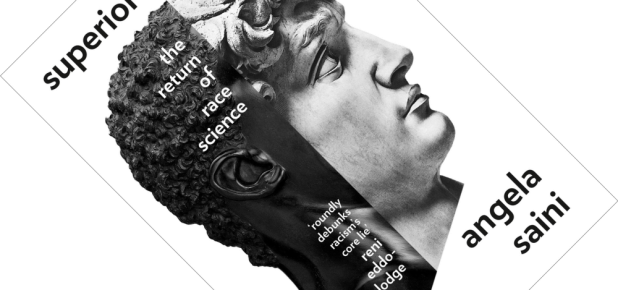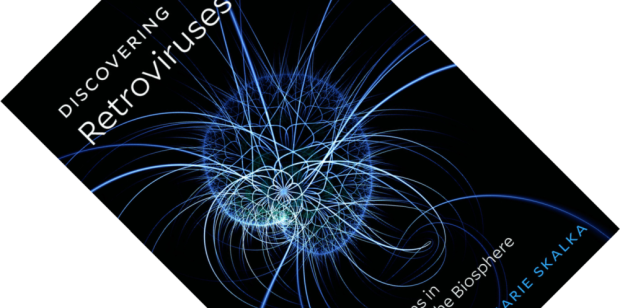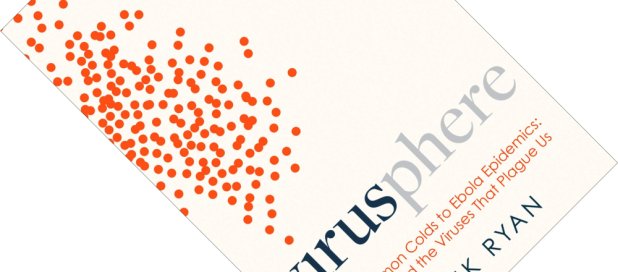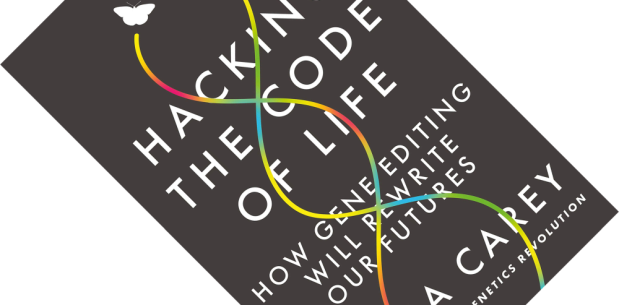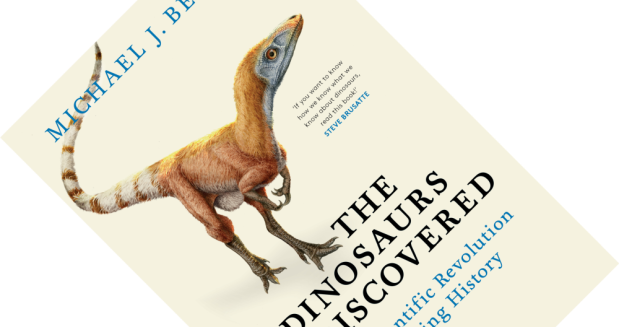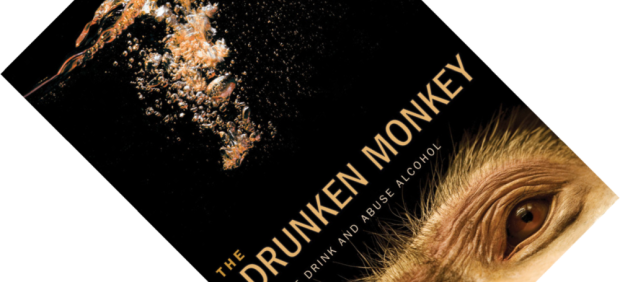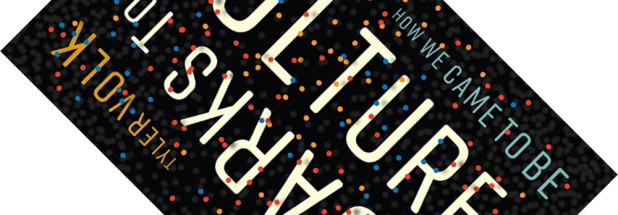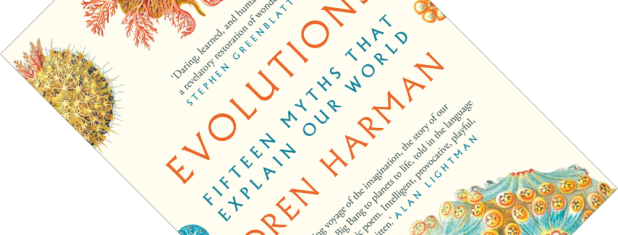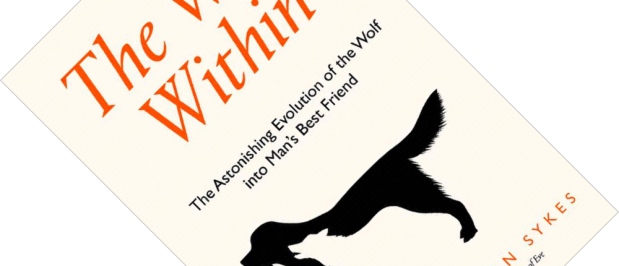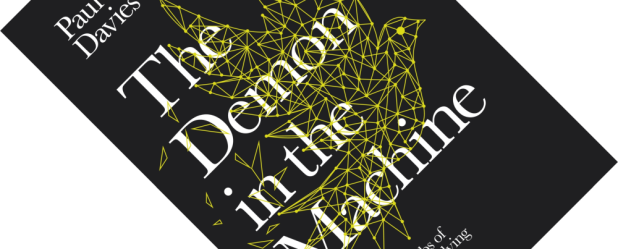Over something as mundane as the tone of one’s skin humans have been inflicting intense grief and misery upon each other for centuries. And when biology and anthropology arose as scientific disciplines, they were brought into the fold to justify subjugation, exploitation, and slavery. With Superior: The Return of Race Science, journalist Angela Saini has written a combative and readable critique of race science that seems to be rearing its ugly head again. But in her fervour, does she take it too far to the other extreme?
DNA
Book review – Discovering Retroviruses: Beacons in the Biosphere
In the already unusual world of viruses, retroviruses stand out for being even more so. Called “retro” because they reverse the flow of genetic information from RNA to DNA, rather than the normal DNA to RNA, they have turned out to be ancient, omnipresent, and incredibly influential. They are also important as they cause diseases such as AIDS. With Discovering Retroviruses, Anna Marie Skalka delivers a book dedicated to this particular group that is as technical as it is fascinating.
Book review – Virusphere: From Common Colds to Ebola Epidemics: Why We Need the Viruses that Plague Us
Beware the virus. If there is one message physician and evolutionary biologist Frank Ryan is hammering home with this book, it is this. Viruses are absolutely everywhere and more numerous even than microbes. So much so that Ryan speaks of the virosphere rather than the biosphere. But more than harbingers of disease, they are also agents of evolutionary invention. Now why does that sound familiar?
Book review – Hacking the Code of Life: How Gene Editing Will Rewrite Our Futures
Since being released on the world in 2012, the biotechnological tool CRISPR has been making headlines. Biologists used to rely on the relatively blunt tools of genetic modification, but this new tool is so precise and versatile that they now speak of gene editing instead. For people in a hurry, Nessa Carey here provides a primer on the powers and pitfalls of gene editing. Hacking the Code of Life is accessible to readers without much background in genetics, focusing more on the applications and the questions it raises than the nitty-gritty details of the tool itself.
Book review – The Dinosaurs Rediscovered: How a Scientific Revolution is Rewriting History
If you are interested in dinosaurs, the last two years have seen a slew of great books published, and there is more in the pipeline. The latest I am reviewing here is The Dinosaurs Rediscovered from the well-known British Professor of Vertebrate Palaeontology Michael J. Benton. With a huge number of possible topics you could write about, and an already saturated book market, Benton has set himself a very specific aim: to show how the science of palaeobiology has moved from a descriptive, speculative scientific discipline, to a hard, testable, rigorous one. In other words, given that palaeontologists nowadays regularly make some pretty amazing and precise claims about creatures long extinct, how, exactly, do they know that?
Book review – The Drunken Monkey: Why We Drink and Abuse Alcohol
It is tempting to start this review with a nod to Monty Python’s Philosopher’s Drinking Song. But there is a dark side to our use and especially abuse of alcohol, lethal traffic accidents being just one of them. Why are we so enamoured with our booze? With The Drunken Monkey, Professor of Integrative Biology Robert Dudley puts forward the idea that it is linked to the dietary preferences of our primate ancestors who used alcohol as a cue to identify ripe fruit. Is this another evolutionary just-so story?
Book review – Quarks to Culture: How We Came to Be
How did we get here? It’s a simple question, but as all parents will affirm, the simplest questions can have the most complicated answers. With Quarks to Culture, Tyler Volk, a professor in biology and environmental studies, looks at our human culture and goes all the way back to the beginning (yes, the very beginning) to ask: “Is there a pattern here?”. What follows is a book that should be taken as a spirited thought experiment.
Book review – Evolutions: Fifteen Myths That Explain Our World
Communicating the complexities and abstractions of scientific findings is not easy. Anyone who has ever slogged through yet another dense paper or muddled presentation will acknowledge this. Our universe, it seems, cares not for the human quest of understanding it. One of the things, then, that makes popular science books such a treat is that they infuse scientific findings and speculation with a certain lyricism and good storytelling. This is why we flock to authors such as Nick Lane, Richard Dawkins, Richard Fortey, and many others besides. This is why Richard Feynman and Carl Sagan remain household names decades after their death. The latter’s Pale Blue Dot segment still gives me goosebumps. With Evolutions: Fifteen Myths That Explain Our World, science historian Oren Harman boldly turns the concept on its head: rather than bringing poetic flair to a pop-science book, he brings scientific flair to an epic poem.
Book review – The Wolf Within: The Astonishing Evolution of the Wolf into Man’s Best Friend
DNA recovered from archaeological remains, so-called ancient DNA, has caused a revolution in our understanding of human evolution (see my review of Who We Are and How We Got Here: Ancient DNA and the New Science of the Human Past). In my review of The First Domestication: How Wolves and Humans Coevolved, I wondered what analyses of ancient DNA would reveal about the domestication of dogs from wolves. I have not had to wait long to find out. Geneticist Bryan Sykes here tells that story, and how man’s best friend subsequently radiated into today’s riot of breeds.
Book review – The Demon in the Machine: How Hidden Webs of Information Are Finally Solving the Mystery of Life
So, quick question for you. What is life?
Sorry, that’s a trick question, for the answer to this is anything but quick. The mind-boggling complexity that is life, even something as “simple” as a bacterium, somehow arises from atoms and molecules. And yet, physics and chemistry as we currently know it seem incapable of answering how life’s complexity emerges from its constituent parts. With The Demon in the Machine, well-known physicist and cosmologist Paul Davies takes a stab at it, saying we are on the verge of a breakthrough.

